What is a Pouch Battery?
A pouch battery is a type of rechargeable lithium-ion (Li-ion) or lithium-polymer (LiPo) battery that is encased in a flexible, lightweight, and sealed pouch-like structure, typically made of aluminum or a composite material. Unlike traditional cylindrical or prismatic batteries, pouch batteries have a more flexible form factor, allowing them to be lighter and more versatile in applications where space and weight are critical considerations.
Key characteristics of pouch batteries include:
Flexible shape: The pouch design allows for a range of sizes and shapes, which makes it ideal for compact or customized applications.
Lightweight: The pouch casing is lighter than the hard-shell casings used in other types of batteries.
Higher energy density: Pouch batteries often have higher energy density due to their compact construction and lack of rigid casings, making them efficient in space usage.
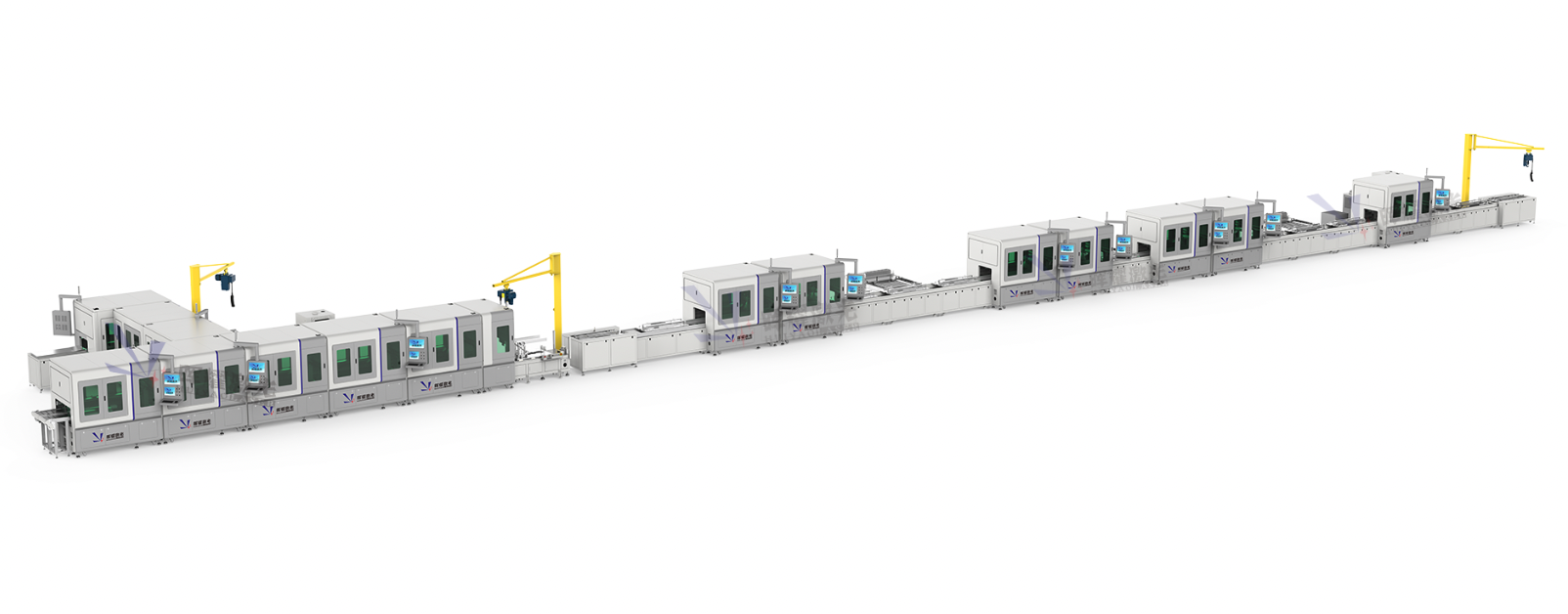
What is a Pouch Battery Module Pack Production Line?
A pouch battery module pack production line is a specialized production system designed to assemble pouch cells into complete battery modules or packs. These packs are then used in various applications such as electric vehicles (EVs), energy storage systems, and consumer electronics. The production line includes various stages to ensure the proper assembly, testing, and packaging of these pouch battery cells into their final module form.
A typical pouch battery module pack production line involves processes such as:
Cell manufacturing: Pouch cells are produced and inspected.
Module assembly: Multiple pouch cells are integrated into a single battery module, typically involving welding or connecting the cells.
BMS (Battery Management System) installation: The module is equipped with a BMS to manage cell balancing, temperature, and charging/discharging.
Formation and testing: The battery module undergoes initial charging/discharging cycles (formation) and quality control checks.
Packaging: The completed battery module is packaged for shipping or integration into larger systems.

Features of Pouch Battery Production Line
Automated processes: The production line often features high levels of automation for processes like welding, tabbing, testing, and formation.
Precision and accuracy: The assembly of pouch cells requires high precision to avoid defects, such as short circuits, that could cause safety issues.
Quality control: Various testing and monitoring stations are involved to ensure each battery pack meets the required standards (voltage, capacity, safety).
Customization: Pouch battery production lines can be customized for different configurations and sizes based on the application.
Advanced BMS integration: The line may include dedicated systems for integrating BMS into battery packs, which are crucial for managing performance and safety.
Scalability: The production line is typically designed for scalability, from small batch production to large-scale manufacturing.
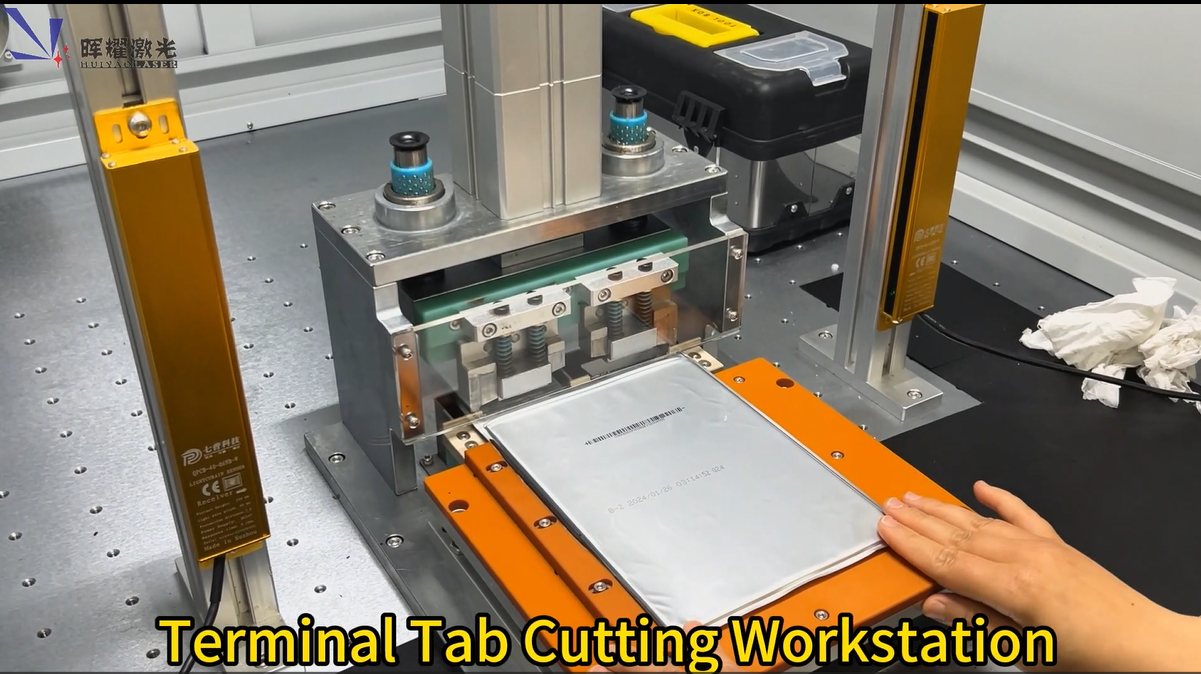
Applications of Pouch Battery Production Line
Pouch battery production lines are used in several industries due to the versatile and compact nature of pouch batteries. Common applications include:
Electric Vehicles (EVs): Pouch cells are increasingly used in EV batteries due to their high energy density and lighter weight.
Energy Storage Systems: Pouch batteries are used for residential, commercial, and industrial energy storage solutions, such as solar energy storage.
Consumer Electronics: Many smartphones, laptops, tablets, and wearables use pouch cells for their slim profiles and high energy densities.
Medical Devices: Portable medical devices like hearing aids, portable oxygen concentrators, and glucose monitors use pouch batteries.
Drones and Robotics: The compact and lightweight nature of pouch cells is ideal for drones, robots, and other unmanned devices.
Power Tools: Some cordless power tools and other handheld equipment use pouch batteries for better ergonomics and performance.
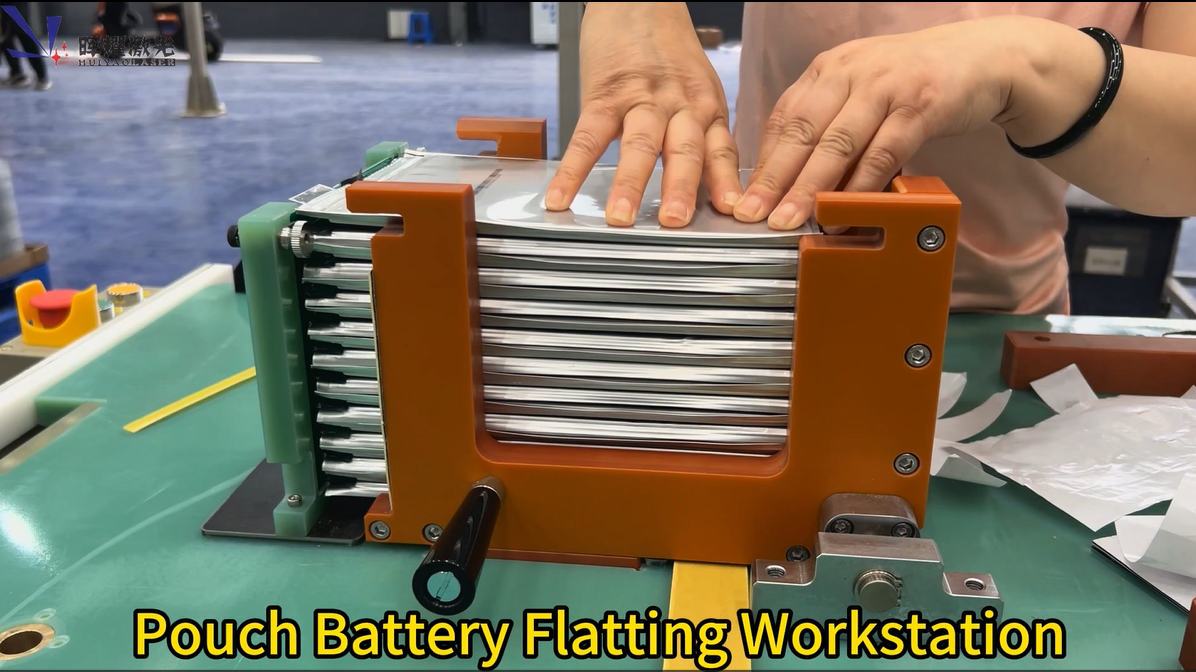
Price of Pouch Battery Production Line
The price of a pouch battery production line varies significantly based on several factors:
Scale and capacity: Large-scale production lines will cost more due to the equipment's size, automation level, and throughput capacity.
Automation level: Highly automated lines with advanced robotics and testing equipment tend to be more expensive.
Customization: Specialized production lines for particular battery chemistries or applications (e.g., EV batteries) can also be more costly.
Technology: Advanced features like AI integration for testing or real-time monitoring add to the price.
Location and supplier: Prices can also depend on the region and the suppliers of the equipment.
On average, the investment in a complete pouch battery production line could range from several hundred thousand to several million dollars depending on the level of automation and capacity. A smaller, semi-automated line may cost less, while a fully automated, large-scale line could be much more expensive.
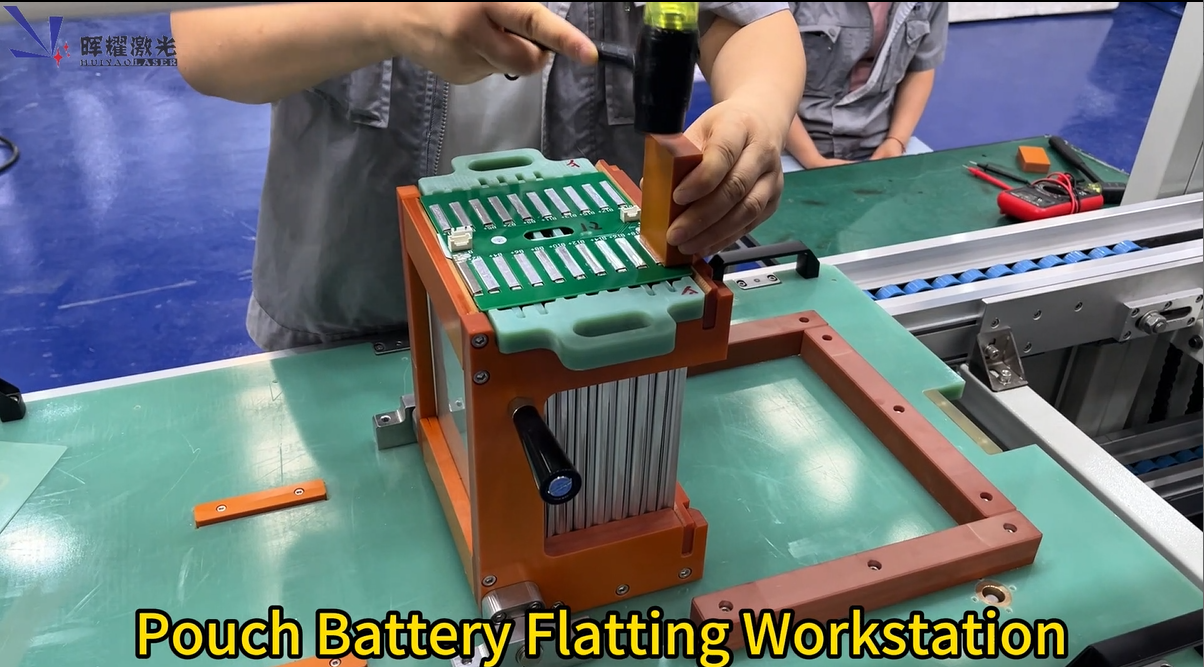
Factors Affecting the Choice of Pouch Battery Production Line
When choosing a pouch battery production line, several factors should be considered:
Production capacity: The required throughput and scale of production will directly influence the choice of the production line.
Battery type: Different types of pouch batteries (Li-ion, Li-polymer) may require different manufacturing processes, which can affect the design of the production line.
Automation and flexibility: The level of automation and the flexibility of the line to produce different sizes and configurations of battery modules are important.
Cost-effectiveness: The initial investment, operating costs, and return on investment (ROI) are key considerations for any manufacturer.
Quality control: The ability of the production line to conduct accurate quality checks, testing, and inspections will influence safety and performance outcomes.
Lead time and technical support: Suppliers offering quick installation, support, and maintenance services can add value.
Sustainability and energy efficiency: Modern lines may offer energy-saving features or use materials that support environmental sustainability, which can be a factor for some manufacturers.
Technology compatibility: The production line should be compatible with the latest BMS technologies and other advanced systems, especially for applications like EVs and energy storage.
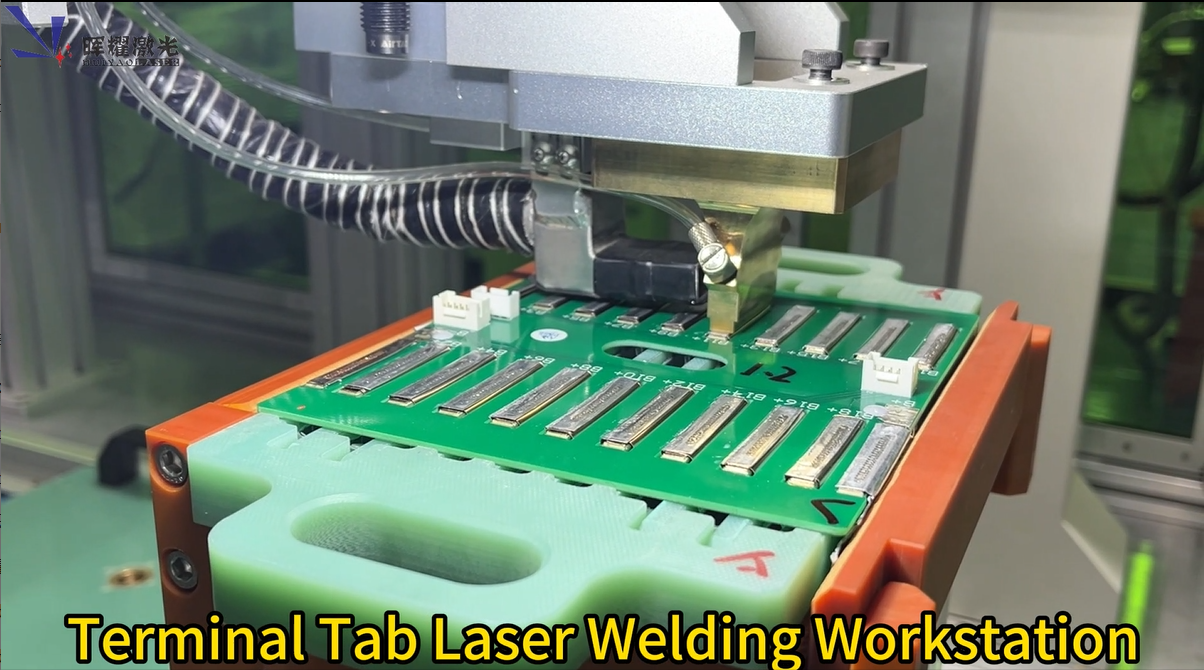
Supplier of Pouch Battery Module PACK Production Line
Huiyao Laser Technology (Luoyang) Co., Ltd. is a high-tech enterprise focusing on the research and development, manufacturing and sales of equipment for the new energy industry. Huiyao Laser provides comprehensive high-performance laser systems designed for the automotive, electronics, medical equipment, aerospace and other industries and committed to providing customers with comprehensive laser welding equipment, battery cell assembly line equipment, module PACK automatic line equipment, battery structural parts automation equipment and other high-end intelligent equipment. It can tailor the most suitable production line solutions according to the different production needs of customer companies.













